Fanuel Leul is a name to remember in the contemporary African art scene, who has chosen the path of digital art to construct science fiction narratives through images. Based in Addis Ababa, Ethiopia, the artist mixes traditional elements with futuristic technology, creating contrasting and harmonious compositions.
Influenced by Afrofuturism, Fanuel Leul represents different sensations, looking within to build scenarios in which black, traditional props such as the mask, nature and the mystical African sunset dominate the utopian representations.
“My aim is to portray Africa in a way that breaks free from commonly held stereotypes and instead celebrates its vibrant spirit” explains Leul.
His creative instinct, the revisiting of settings, characters and their origins in the heart of the African continent, dialogues with his Fine Arts training in Industrial Design and Fine Arts from the Alle School of Fine Arts, but does not explain it all. He had already conceived his path as a self-taught artist who, over time, dedicated himself to perfecting his technique and, above all, exploring different contexts and narratives.
Africa is a continent made up of storytellers, many of whom have yet to tell their stories or to whom the world has little access because of, among other factors, language. On the other hand, the tradition of photography, ceramics, sculpture and painting, not to mention music, has already made a great contribution to revealing African feelings, thoughts and perspectives on their own societies and life on the continent.
“I firmly believe that our well of untold stories is bottomless. By painting vividly imaginative worlds, I hope to encourage African minds to bring their own inspirations to life. My art is both a personal outlet and a launch pad for the self-expression of others” says Leul in an interview with ElseWhere .
Leul’s digital art finds in technology, in design, the answer to the complexity of the social portrait, the representation of the dream and imagination about African people, places and events in contemporary times.
“In my work, I combine real contemporary technology with futuristic elements, highlighting how technology is reshaping African societies while emphasising the enduring strength of our communities. I continually explore new digital tools to enhance my art and expand the possibilities of the visions I create. Furthermore, I aspire not only to integrate technology into my art, but also to create immersive Afrofuturist experiences through AR, VR and 3D. Ultimately, we hope to trigger discussions about the elegant fusion of modern technology and tradition in Africa.”
If it is in technology that the artist finds the tools for his creative work, it is in technology that he has also expanded to a global market, with a number of sales that surprised him, through NFT, the cryptocurrencies, which when it comes to the art business are also called crypto-art.
In a world where new artistic languages sometimes find little receptivity in traditional art spaces, the internet can be that place of exposure and expansion. Leul speaks of this process as a real surprise, as it allows direct contact with collectors.
An example of this is the Afromask collection he launched in 2021, which was accepted by this market, and he explained the impact of this important step in his career.
“In 2021, I launched my big project, Afromask , made up of 101 reinvented African digital masks. When all the pieces sold out in two hours, it convinced me to commit to life as an NFT artist. I started creating more work, getting actively involved in the community, leaving my day job to found a digital art studio. My experience shows that NFTs offer unrivalled opportunities for artists to take control of their work and their careers. Although initially difficult to learn, NFTs have allowed me to make a successful transition to life as a full-time artist.”
This is how the dialogue between technology and art is taking place, not only enabling new and different languages, but also access to other creations and to artists who are far from the main art markets, as is the case with Fanuel Leul, whose career is in an advanced process of maturing globally.



